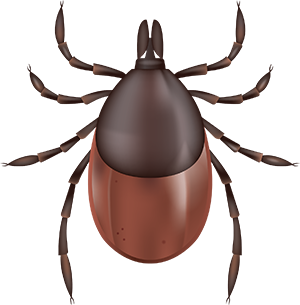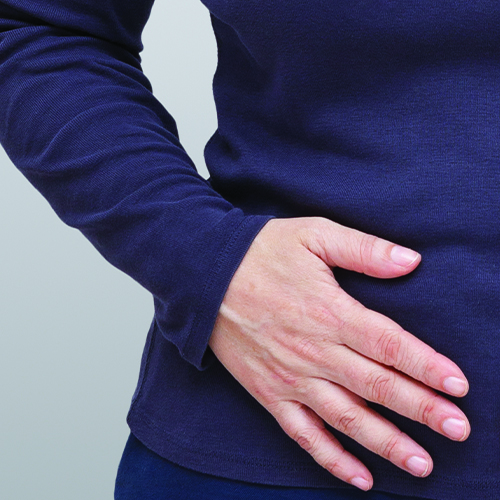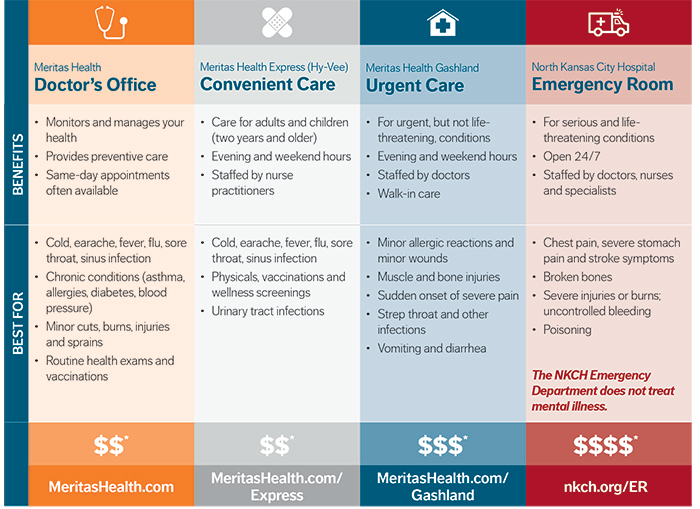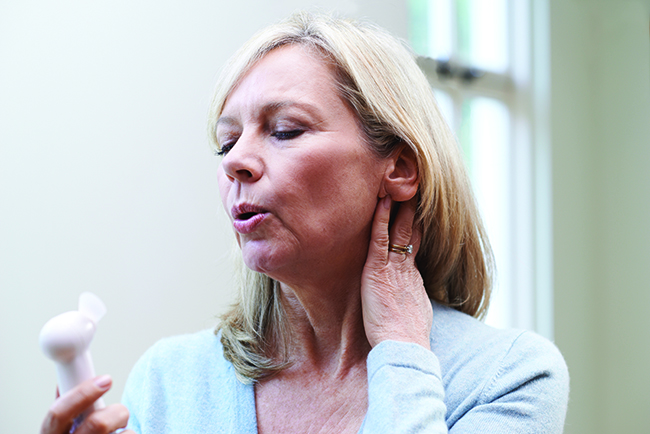Be tick smart and enjoy summer in the great outdoors.
Related Reading
Tick-Borne Diseases
The tick population is on the rise, which means tick-borne illnesses are, too. Ticks become infected with diseases by taking blood from infected animals. Humans can get sick if an infected tick bites them.

![]() Protect Yourself
Protect Yourself
Michael R. Brown, DO, a family medicine physician with Meritas Health Park Plaza, offers this advice.
- Apply a tick repellent with DEET to clothes and shoes
- Wear long pants and long sleeves in wooded or brushy areas, or places with shrubs, bushes or tall grass
- Check for ticks when you come inside
- Toss outdoor clothes in the dryer; heat kills ticks
- Shower with a washcloth and soap to dislodge any ticks
Best Removal Method
- Don’t panic; most tick bites do not result in harmful infections
- Grasp the tick close to the skin with fine-tipped tweezers
- Pull straight up and out slowly so the mouth-parts don’t break off in the skin
- Clean the area with rubbing alcohol, then wash it with soap and water
- Dispose of a live tick by putting it in alcohol or a sealed bag; wrapping it tightly with tape; or flushing it down the toilet
When to Call the Doctor
Symptoms can appear days, even weeks, after a tick bite. Call your doctor if you have body aches, chills, fever, loss of appetite or rash.
Related Articles

March 9, 2020
3 Sneaky IBS Triggers
For people with irritable bowel syndrome, spring may spark a flare-up in symptoms

June 5, 2024
5 Consejos Sobre Nutricion para un Estilo de Vida Mas Saludable
Una alimentación saludable y una nutrición adecuada desempeñan un parte importante a la hora de mantener una buena salud. Aquí le mostramos cómo mejorar sus hábitos nutricionales.

May 31, 2024
5 Nutrition Tips for a Healthier Lifestyle
Healthy eating and proper nutrition play a big part in maintaining good health. Here's how to improve your nutrition habits.


